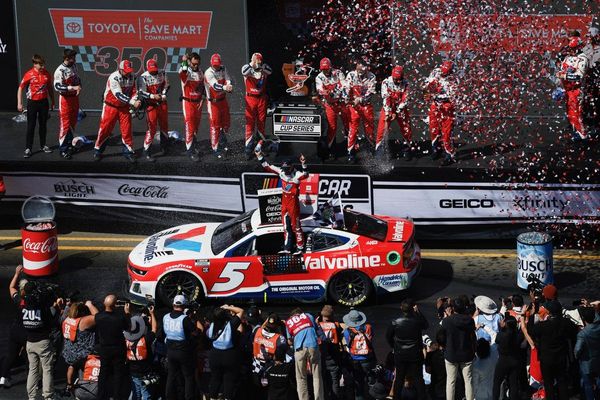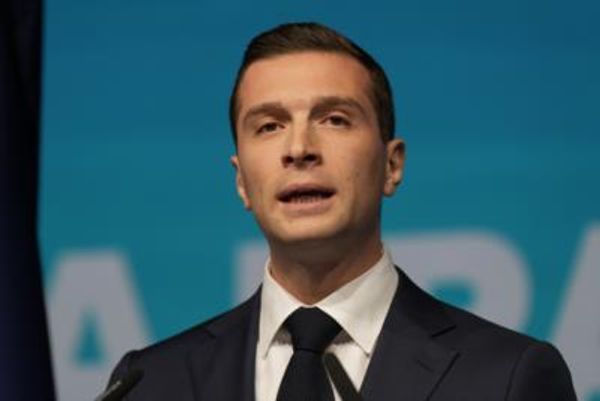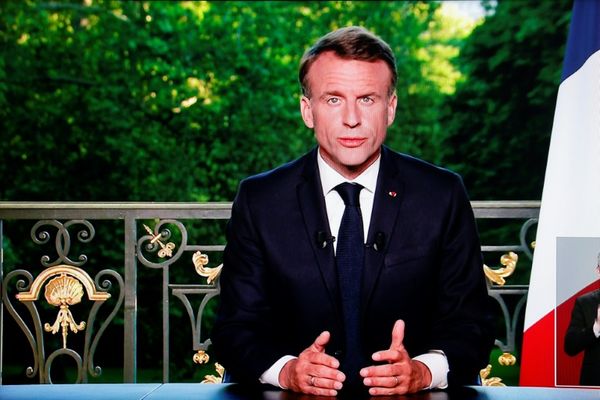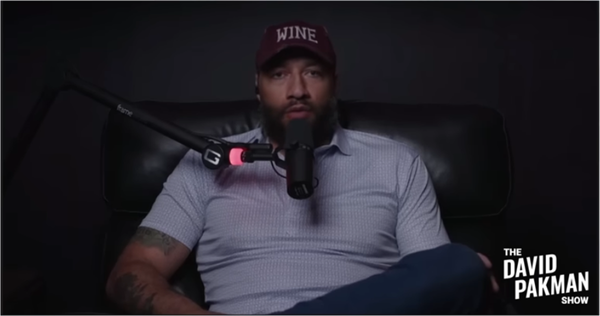
When the Russian defence minister, Sergei Shoigu, was removed from his post and appointed head of the security council this week, there were two big questions on everyone’s mind. What would his successor, Andrei Belousov, bring to the table, and what would happen to the former head of the security council, Nikolai Patrushev – reputed to be the second most powerful man in Russia and seen by many as a potential successor to Vladimir Putin?
The second question has a straightforward answer. Patrushev, it seems, is being sidelined. Yesterday, the Kremlin spokesperson Dmitry Peskov said Patrushev had been appointed to the grand position of presidential aide for shipbuilding – barring any further surprise moves, this is a considerable downgrade in role.
The question of what Shoigu’s removal will mean is a bit trickier, but it may also be a case of Putin neutralising an ally who has become too powerful. The Kremlin reshuffle was initially interpreted as a much-needed anti-corruption clean-up within Russia’s security apparatus. There was last month’s arrest of Shoigu’s close ally, the deputy defence minister Timur Ivanov, and the reported detention on unspecified criminal charges of Yuri Kuznetsov, another senior figure in the defence ministry this week.
But the Russian political scientist Mikhail Savva insists that Shoigu’s dismissal, and the nomination of Belousov as the new defence minister, “have nothing to do with Shoigu’s corruption”, adding that “in those circles everyone steals”. This is about two things: taking back control of military spending and removing any threat to Putin’s power.
Belousov is described as a trustworthy “bureaucrat among bureaucrats”, and “President Putin’s Albert Speer”, who will take Russia’s military industrial complex to a new level of efficiency. Russia’s myriad of pro-war bloggers have welcomed him as a technocratic manager who will undertake a full audit of military spending and manage the finances and procurement vital to the army, but leave military issues to the general staff.
By putting an economist who strongly believes that the state should be the main driver of the economy at the head of the defence ministry, Putin is showing the world that he is turning the whole of Russia into a war machine, and that he is digging in for the long haul. For this he needs a good technocrat who is above all loyal.
Indeed, unlike Shoigu, Belousov does not come with a power base or a clan of loyal followers. He owes his position to Putin, is an introvert who does not seek the limelight and most importantly does not threaten to build a parallel power base to Putin. Vladimir Osechkin, an exiled political commentator with close ties to the security apparatus, explains that Putin is terrified of a repeat of last June’s events, when Yevgeny Prigozhin led a mutinous rebellion.
So, if it seems strange to dismiss the minister of defence while things are picking up on the front, it is precisely because of that success that Putin can now move Shoigu aside. According to Ivan Preobrazhensky, a Russian political commentator and member of the Free Russia Forum, “Putin was afraid of changing the top brass in the defence ministry while the front was unstable”.
All of this points to Putin’s fear of the power struggles inside the Kremlin and the awareness that, as he builds his absolutist power, there are cracks that could widen unless he takes pre-emptive measures. In this context, it is interesting to look at some of the other appointments of the last few days.
While Patrushev has been given the unenviable task of supervising the building of ships to replace those that have been destroyed by Ukrainian drones, his son Dmitry has been promoted from agriculture minister to deputy prime minister in charge of agriculture. Another dynastic positioning also took place at the weekend when Putin nominated Boris Kovalchuk, the son of his closest adviser and main financier Yuri Kovalchuk, to be head of Russia’s audit chamber.
By placing the children of his close advisers in prominent positions, Putin shows he is playing for the long haul, and making every effort to secure his future and that of his closest allies. He is signalling to them that they are safe for now, but by tying the next generation of leaders to his political survival he is clipping the wings of any potential threat in a carefully crafted balancing act.
Mark Galeotti, the director of Mayak Intelligence and a historian specialising in Russia, explains that Shoigu is unlikely to inherit much power in his new post at the security council. Patrushev was seen as highly influential in that role, but this is derived partly from his personality, as well as his past as an old Putin confidant in St Petersburg, and as former head of the FSB.
In his new position, Shoigu will also oversee the federal service for military-technical cooperation. Between this, and Patrushev as shipbuilding aide, the nominal heads of some of the most corrupt sectors of the Russian economy are both controlled by Putin. Putin has effectively just put the whole military industrial complex under presidential control, thereby boosting his personal power by taking over the whole of the war economy and the opportunities for corruption that go with it.
In the short term this makes Putin seem even more impregnable and underlines the fact that he is not interested in any kind of peace that would put a stop to the war, which feeds his power, political and material. It also shows how wary he is of political challengers, and leaves him very vulnerable should the war not go his way. In the medium and long term, this will spell disaster for the Russian economy, as the war drains resources and human power into a cycle of production whose only aim is to feed the war.
Those who think that Putin would be open to negotiating over a piece of eastern Ukraine and Crimea should bear this in mind when hoping for a quick negotiated end to this war. Putin needs war to survive.
Samantha de Bendern is an associate fellow in the Russia and Eurasia Programme at Chatham House and a political commentator on LCI television in France







